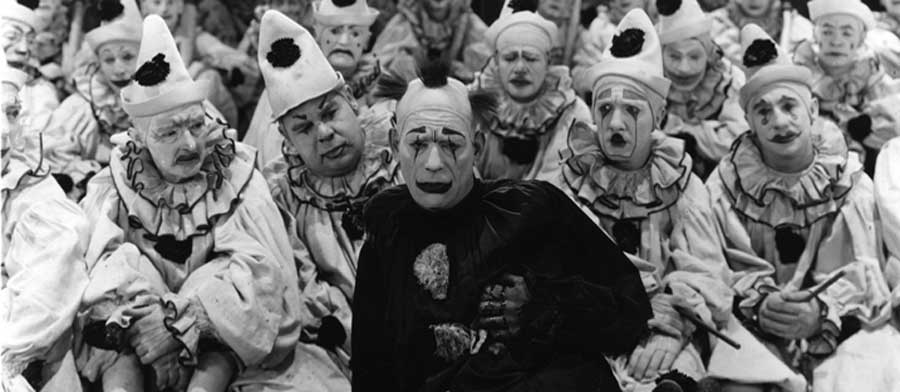The Phenomenal Basis of Epistemic Justification
This week, I’m blogging about my new book, The Epistemic Role of Consciousness (Oxford University Press, September 2019). Over the past three days, I’ve discussed the epistemic role of consciousness in perception, cognition, and introspection. In this final post, I want to explain how I integrate these claims about the …




